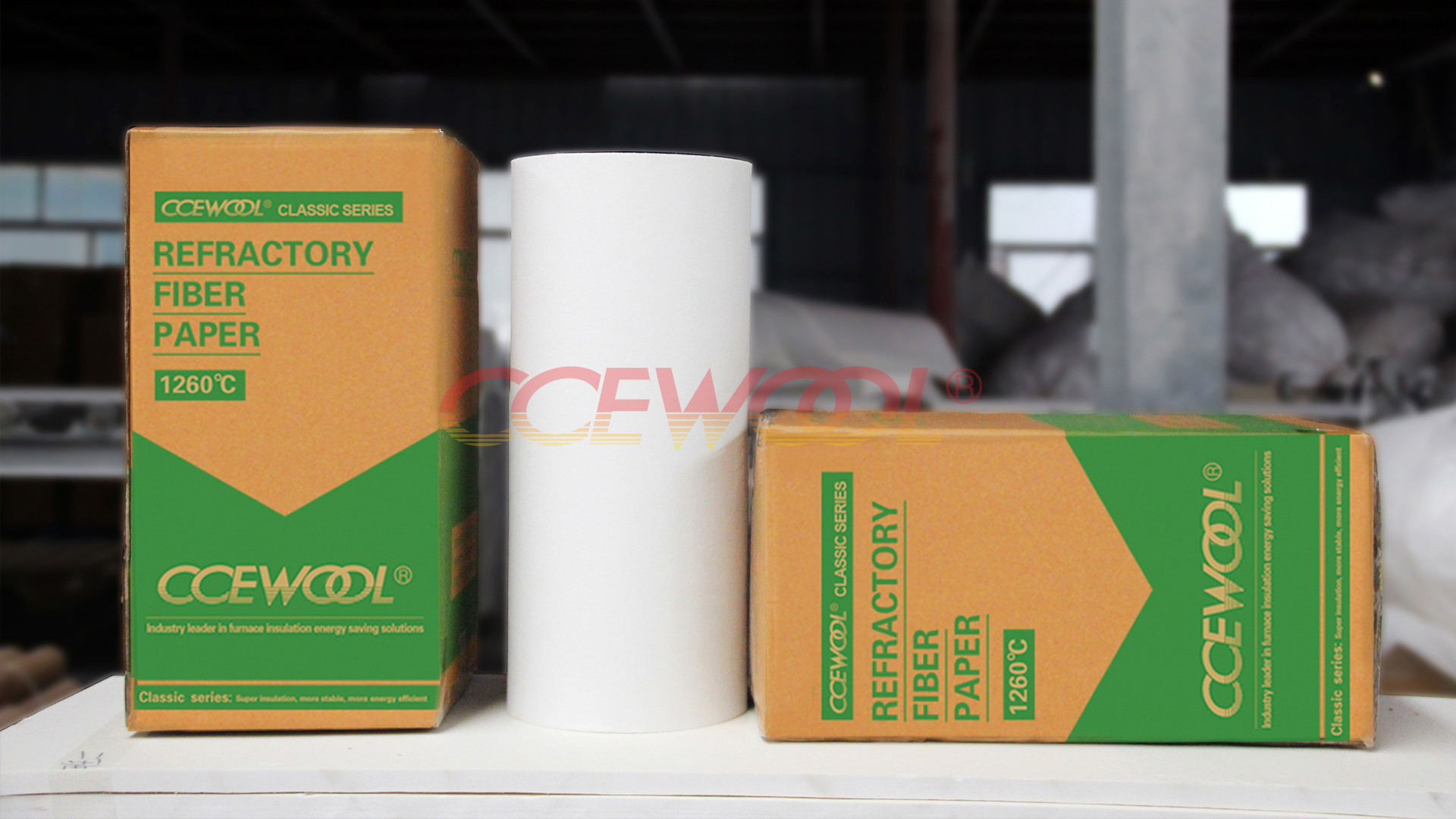What are the properties of ceramic paper insulation?
- 09 Jan, 2025
- Industry

In the field of high-temperature insulation, performance is key to ensuring stable equipment operation. CCEWOOL® ceramic paper insulation, with its exceptional insulation performance and high reliability, has become the ideal choice for industrial insulation. Combining advanced technology, it integrates insulation, high-temperature resistance, and flexibility, providing efficient solutions for the insulation needs of various industries.
The core feature of CCEWOOL® ceramic paper insulation lies in its outstanding thermal insulation performance. Made from high-purity ceramic fibers and a small amount of binder, it has extremely low thermal conductivity. Even in high-temperature environments ranging from 1260°C to 1430°C, it significantly reduces heat loss and delivers stable insulation performance. Additionally, its excellent thermal shock resistance ensures exceptional stability in environments with rapid temperature changes, making it a reliable choice for high-temperature equipment insulation.
In the electrical and mechanical fields, CCEWOOL® ceramic paper insulation demonstrates strong electrical insulation capabilities and mechanical strength. It is widely used in high-temperature electrical equipment, providing insulation protection to ensure safe operation. Furthermore, its flexibility and ultra-low slag ball content make installation more convenient, allowing it to adapt to complex structures and significantly improve construction efficiency.
With its superior thermal insulation performance, excellent electrical insulation, and environmentally friendly characteristics, CCEWOOL® ceramic paper insulation sets a new benchmark in the high-temperature insulation field. Whether for industrial equipment, electronic products, or precision manufacturing, CCEWOOL® consistently delivers efficient and reliable insulation solutions with professional quality.



